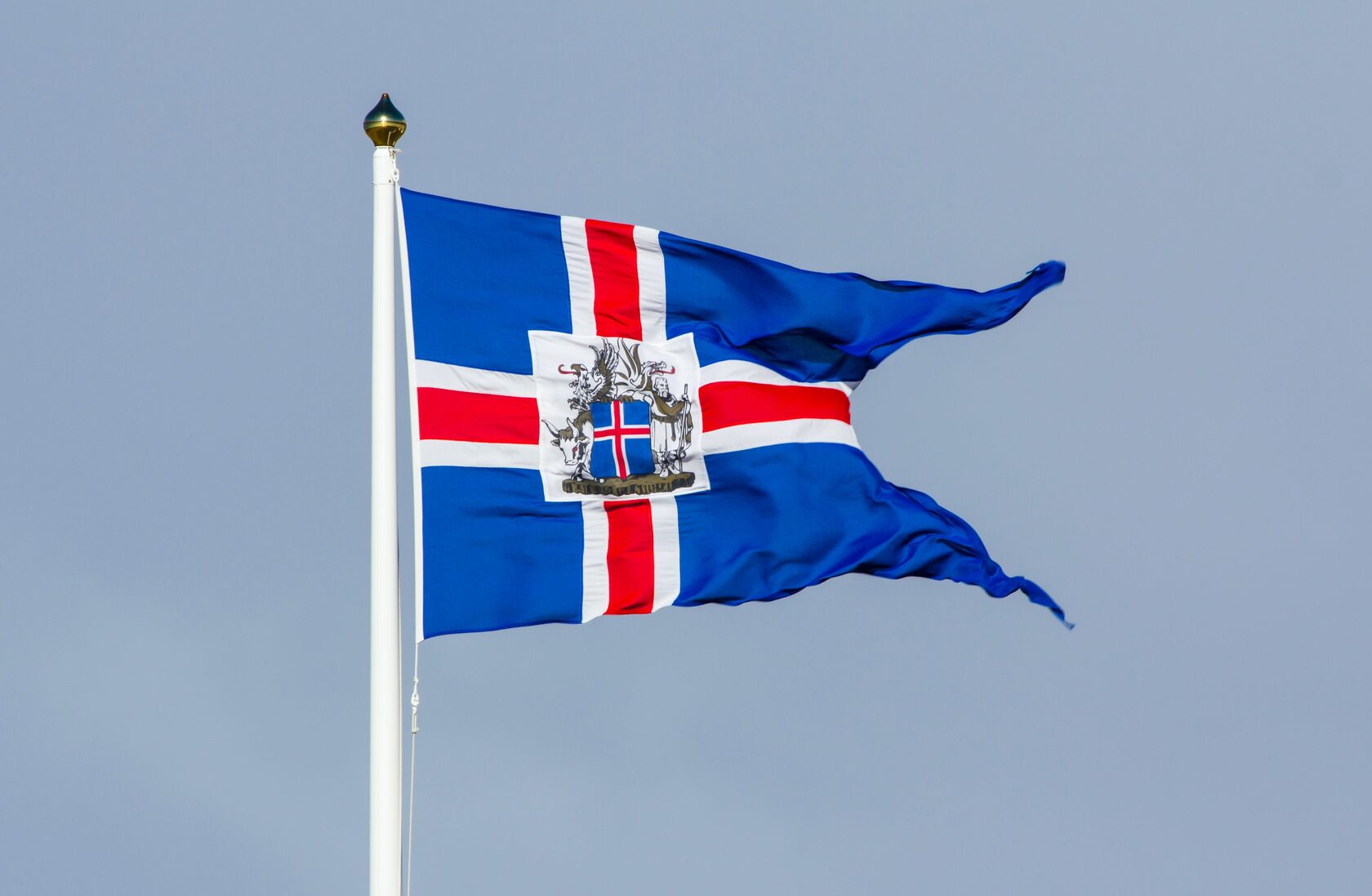Is Iceland in Europe?
Yes, Iceland is considered a part of Europe. While it is not located on the European mainland, it is an island country in the North Atlantic Ocean, and it is often classified as a European country both geographically and culturally.
Is Iceland in the EU?
Iceland maintains strong historical, political, and cultural ties with other European countries. Despite not being a member of the European Union (EU), its relationship with the EU is primarily governed by the EEA Agreement, in effect since 1994. The European Union member states are crucial economic partners for Iceland, and a significant number of Icelanders pursue work and education opportunities in Europe. Consequently, the Agreement on the European Economic Area (EEA Agreement) holds substantial importance in Iceland's foreign policy.
Why is Iceland not in the EU?
Various academic perspectives offer explanations for Iceland's decision not to join the European Union:
One key factor is the significant role of the fishing industry in Iceland's economy, with concerns that EU membership, especially under the Common Fisheries Policy, might negatively impact this vital sector. There's also apprehension about potential adverse effects on Iceland's agricultural industry.
The longstanding ties between Iceland and the United States, marked by substantial economic, diplomatic, and military support, have reduced Iceland's reliance on European nations. The victories in the Cod Wars further fueled Icelandic nationalism, fostering a belief in the country's ability to succeed through independent or bilateral approaches rather than conforming to multilateral frameworks.
The electoral system in Iceland, which favors rural areas, tends to align with a more eurosceptic stance among the populace. Additionally, the inclination of Icelandic elites to pursue education in the United States or eurosceptic European countries, along with closer collaboration with political elites from those regions, contributes to a divergence from EU integration.
Icelandic nationalism, shaped by the country's colonial past, plays a significant role in shaping public sentiment. Moreover, the fallout from the Icesave dispute with the Netherlands and the UK has also played a role in shaping the country's stance on EU membership.
One key factor is the significant role of the fishing industry in Iceland's economy, with concerns that EU membership, especially under the Common Fisheries Policy, might negatively impact this vital sector. There's also apprehension about potential adverse effects on Iceland's agricultural industry.
The longstanding ties between Iceland and the United States, marked by substantial economic, diplomatic, and military support, have reduced Iceland's reliance on European nations. The victories in the Cod Wars further fueled Icelandic nationalism, fostering a belief in the country's ability to succeed through independent or bilateral approaches rather than conforming to multilateral frameworks.
The electoral system in Iceland, which favors rural areas, tends to align with a more eurosceptic stance among the populace. Additionally, the inclination of Icelandic elites to pursue education in the United States or eurosceptic European countries, along with closer collaboration with political elites from those regions, contributes to a divergence from EU integration.
Icelandic nationalism, shaped by the country's colonial past, plays a significant role in shaping public sentiment. Moreover, the fallout from the Icesave dispute with the Netherlands and the UK has also played a role in shaping the country's stance on EU membership.
Is Iceland in the EU Schengen area?
Yes, Iceland is part of the Schengen Area. The Schengen Area is a zone comprising 27 European countries that have abolished passport control at their mutual borders, allowing for the free and unrestricted movement of people within the area. Iceland, although not a member of the European Union (EU), participates in the Schengen Agreement. As a result, travelers can move freely across the Schengen countries, which include Iceland, without undergoing border checks once inside the area.
Iceland and EU: history
Iceland has a complex history regarding its relationship with the European Union (EU). The country has never been a member of the EU, but its interactions with the union have evolved over time. In the aftermath of the 2008 financial crisis, Iceland faced economic challenges, leading it to consider EU membership as a potential solution for stability and recovery.
In 2009, Iceland officially applied for EU membership. The accession process involves negotiations on various aspects, including economic policies, agriculture, and fisheries. However, Iceland's bid faced several obstacles, with public opinion divided on the issue. The fishing industry, a crucial component of Iceland's economy, raised concerns about the EU's Common Fisheries Policy, which could potentially impact Icelandic fishing practices.
As the accession process progressed, Iceland's political landscape shifted. In 2013, a center-right government took office and subsequently suspended Iceland's EU membership bid in 2015. The decision to halt the process was influenced by a combination of factors, including concerns about sovereignty, the fishing industry's autonomy, and the perception that Iceland could maintain economic stability outside the EU.
In 2009, Iceland officially applied for EU membership. The accession process involves negotiations on various aspects, including economic policies, agriculture, and fisheries. However, Iceland's bid faced several obstacles, with public opinion divided on the issue. The fishing industry, a crucial component of Iceland's economy, raised concerns about the EU's Common Fisheries Policy, which could potentially impact Icelandic fishing practices.
As the accession process progressed, Iceland's political landscape shifted. In 2013, a center-right government took office and subsequently suspended Iceland's EU membership bid in 2015. The decision to halt the process was influenced by a combination of factors, including concerns about sovereignty, the fishing industry's autonomy, and the perception that Iceland could maintain economic stability outside the EU.


